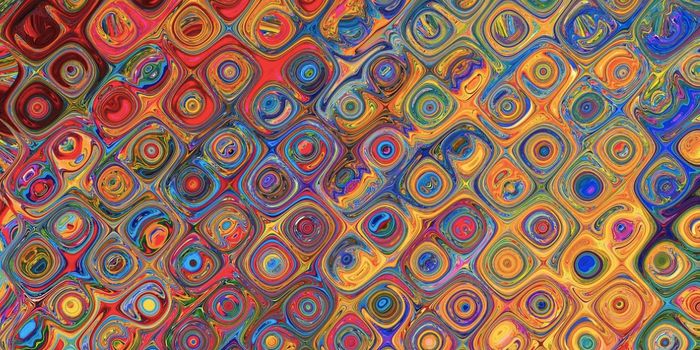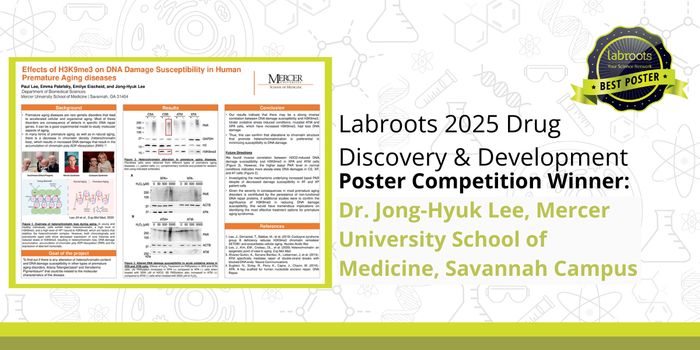Mental Reward Tops Taste When it Comes to Beverage Choice
Why can’t some people live without their bitter coffee, while some crave a sweet soda, and others prefer to guzzle a malty beer? Scientists at Northwestern Medicine have been looking for small changes in gene sequences, variants that have an impact on our preferences for certain beverages. Understanding them may help clinicians develop personalized diets that are best for an individual’s health.
Researcher Marilyn Cornelis was surprised to find that preferences for particular tastes don't seem to be due to variations in taste genes; they are more likely connected to the effect those drinks have on the brain. "The genetics underlying our preferences are related to the psychoactive components of these drinks," explained Cornelis, an assistant professor of preventive medicine at Northwestern University Feinberg School of Medicine. "People like the way coffee and alcohol make them feel. That's why they drink it. It's not the taste."
For this study, researchers categorized beverages as in previous studies - they were classified as either bitter - beer, red wine, liquor, and grapefruit juice; or sweet - drinks with sugar or artificial sweeteners, and juices other than grapefruit.
Volunteers recorded their beverage intake over 24 hours on a questionnaire, and scientists took note of the number of bitter or sweet drink servings that around 336,000 people in the UK Biobank had consumed. The researchers then combed through the genetic data in the Biobank, looking for small genetic variants that were linked to the consumption of either group of beverages in a genome-wide association study. They then validated their findings in several US cohorts.
The study revealed four loci, or genetic locations, connected to a preference for bitter alcoholic drinks, five loci for bitter non-alcoholic beverages, and ten loci for coffee, six of which were newly identified. The loci they found are not related to pathways the body uses to send signals about taste, however.
A variant was found in a gene called FTO, which was connected to beverages sweetened with sugar. This variant, which has already been linked to a lowered risk of obesity, was found in people who preferred sugar-sweetened drinks.
"It's counterintuitive," Cornelis said. "FTO has been something of a mystery gene and we don't know exactly how it's linked to obesity. It likely plays a role in behavior, which would be linked to weight management." Cornelis is featured in the video above discussing the genetics of beverage preference.
The work, which has been reported in Human Molecular Genetics, highlighted a feeling of mental reward impacts beverage preferences. That can pose a challenge to interventions aimed at changing people’s diets, noted Cornelis.
Such interventions may be very important; sugary drinks have been linked to many chronic health problems and unhealthy behaviors. Alcohol is also known to play a role in over 200 disorders, and is thought to cause around 5.3 percent of annual deaths worldwide.
"To our knowledge, this is the first genome-wide association study of beverage consumption based on taste perspective," said Victor Zhong, the study's first author and postdoctoral fellow in preventive medicine at Northwestern. "It's also the most comprehensive genome-wide association study of beverage consumption to date."
Genome-wide association studies are explained in the video.
Sources: AAAS/Eurekalert! via Northwestern University, Human Molecular Genetics









